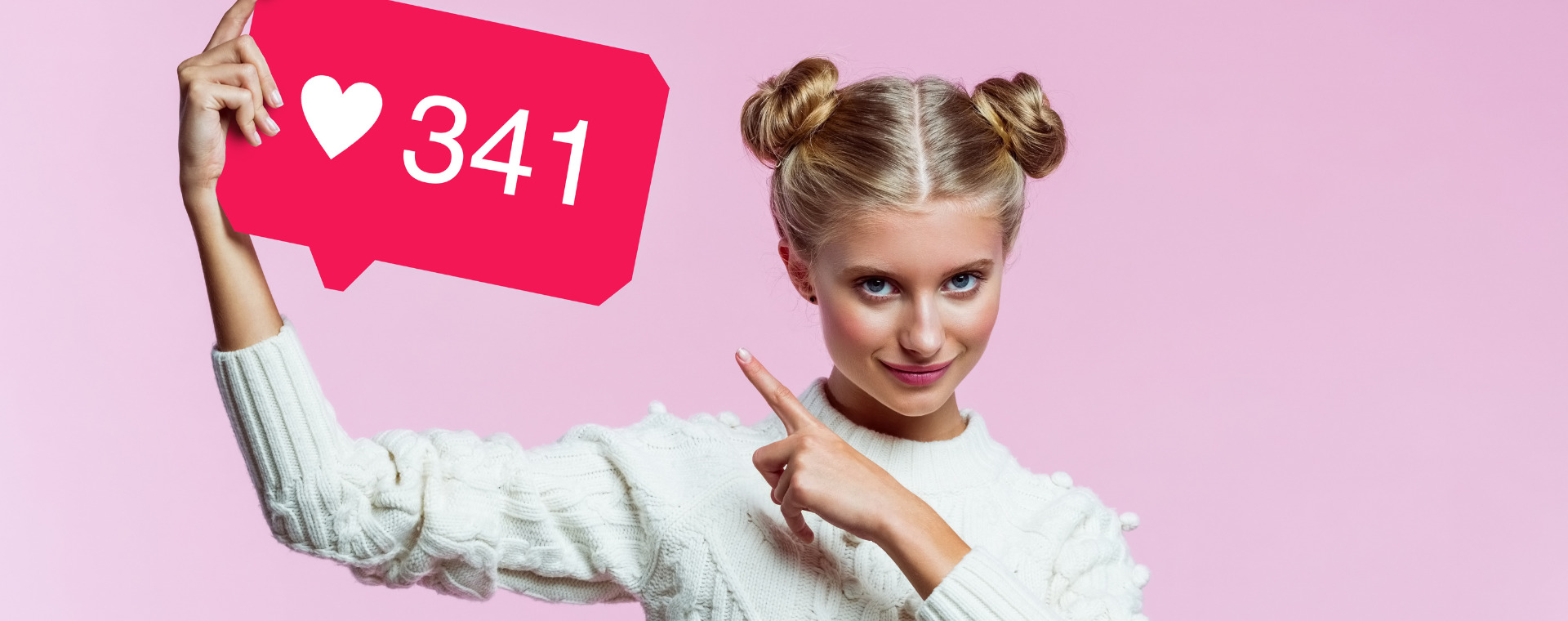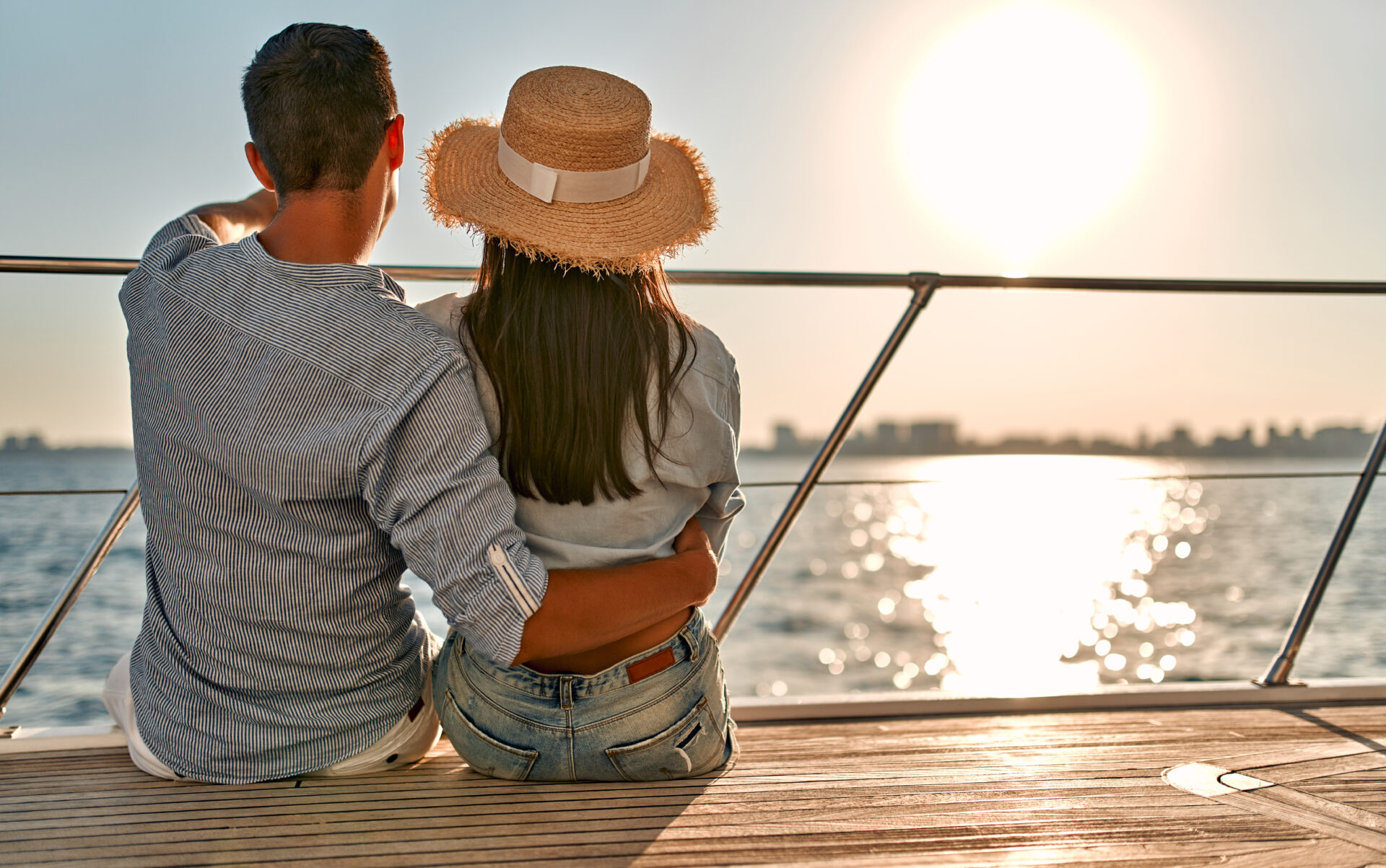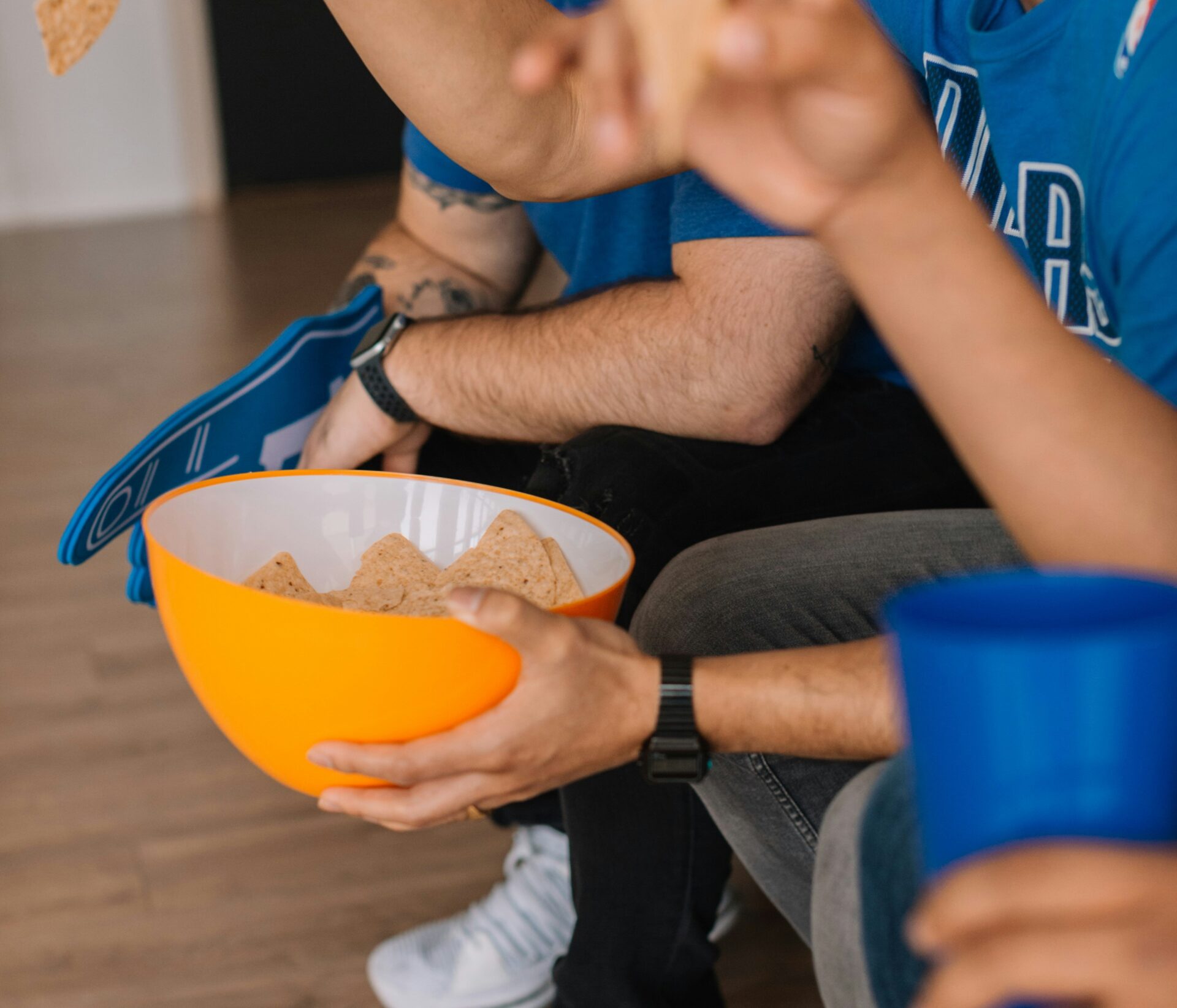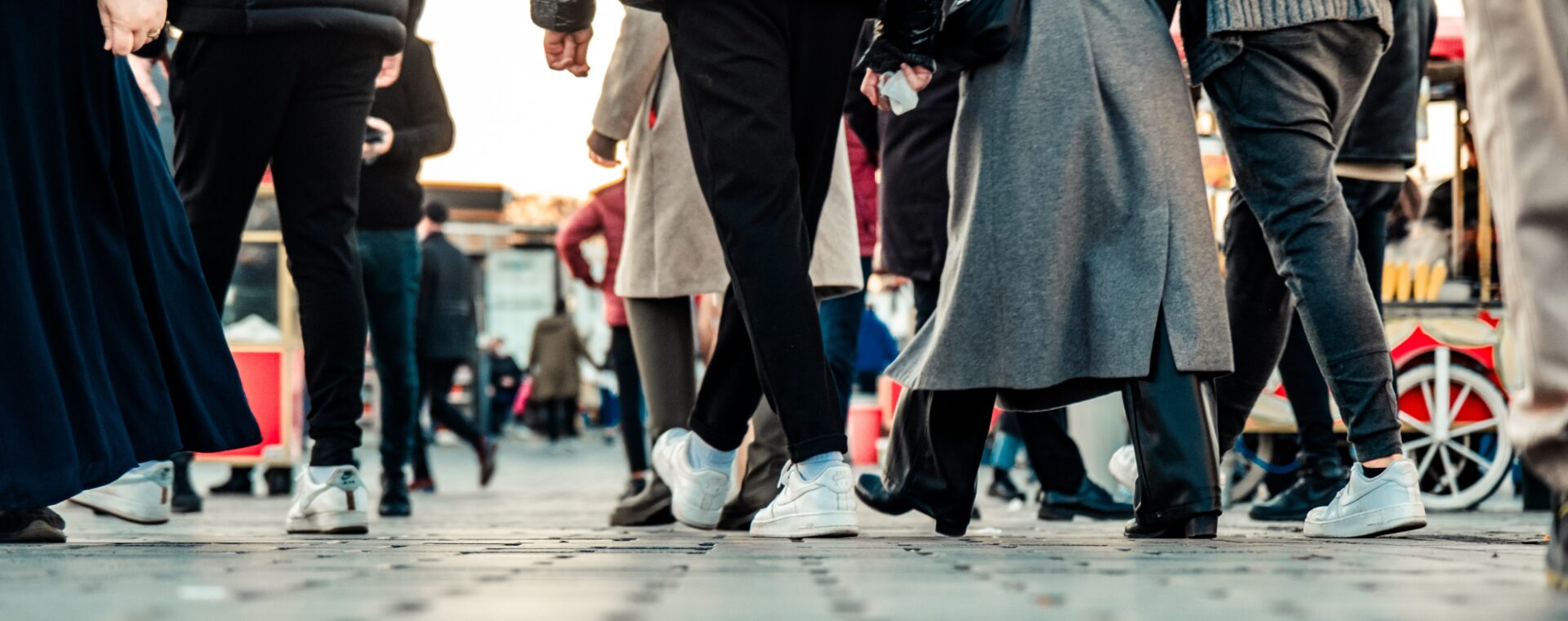
Social media influencers and brand accounts have been a prevalent digital marketing approach throughout the past decade; from the era of YouTube hauls/unboxings to #ads on Instagram and the more recent viral TikTok trends.
In particular, the beauty and personal care sector has benefited, with 35% of consumers seeing social media advertising for this category in the last 6 months, of which 55% consisted of influencer/creator advertising specifically.
This is largely due to the success of influencer partnerships – a combination of the widespread following and impact of public figures across social media platforms, and the impact of third-party recommendations/reviews in the path to purchase, makes this type of advertising particularly effective for beauty and personal care brands.
Industry success stories
Brands such as Fenty Beauty and Glossier are primarily driven by social media advertising alone, with little-to-no ATL campaigns but instead an active and exciting brand presence across various social media platforms. Even long-standing mainstream beauty brands have utilised this format (e.g., Dior’s ‘67 shades of skin’ campaign), sponsoring numerous creator posts/videos over the years.
View this post on Instagram
Haircare brand ‘Function of Beauty’ partners with YouTuber Zoe Sugg (Zoella) to endorse the brand’s products on her Instagram.
The impact of influencer marketing
Our omnibus data indicates that around 1 in 5 consumers viewed a brand’s social media account and 15% made a purchase having seen a social media ad.
As we would expect, call-to-action is strongest amongst the younger generations; 22% of Gen Z and Millennials respectively purchased the product advertised, 24% of Gen Z followed the brand account, and 20% of Millennials visited the website as a result.
The levels of interaction and purchase are especially high for influencer/creator advertising; 35% purchased the product advertised whilst almost 2 in 5 viewed the brand account, and 1 in 3 visited the website promoted by the influencer/creator, all of which are notably higher compared to the standard pop-up social media ads.
The importance of authenticity
Whilst half of consumers have positive associations with brands that advertise on social media, it is imperative that influencer advertising upholds the trust of consumers – ensuring a good fit between the brand and influencer.
Ensuring the partnership is organic and ‘unscripted’, helps maintain sincerity. Taking time to discuss how the advertisement will be integrated with the influencer and their social media platforms will warrant an effective collaboration.
The main sticking point for consumers is around the candidness of influencer ads; 1 in 3 consumers are conflicted as to whether this type of advertising is honest, over half are sceptical about the claims made by influencers and nearly 1 in 2 feel influencer marketing comes across as fake. Suggesting that striking a balance between relevance and authenticity is fundamental for brands looking to utilise this type of advertising. However, Gen Z is notably more open and willing to embrace influencer marketing; almost half believe influencers use the brands/products they promote, and the majority have/would purchase a product promoted by influencers and state it has a greater impact than traditional media.
A new authentic approach
Brands should consider utilising non-influencers (aka your everyday layperson) promote a /product helps to bridge the gap between consumers and public figures (including established influencers), showing that the brand really is for everyone.
View this post on Instagram
GoPro promoting content created by their customers on their Instagram page.
TikTok has the potential to harness this format, as it provides a way to reach a large audience and capture the attention of consumers who don’t necessarily subscribe to the cult followings of influencers.
The opportunity for beauty and personal care brands
The rise of the ‘creator’ (anyone who creates any type of content versus an established influencer) and viral beauty products/hacks on this platform provide an ideal opportunity for beauty and personal care brands.
Nearly two-thirds of consumers who saw advertising on TikTok prefer non-celebrity/non-influencer advertisements. and more than half of consumers prefer this type of social media advertising in general. The suggestion is that creator marketing may come across as more genuine and authentic, building stronger brand trust and buy-in as a result.
One thing is clear, brands that are successfully utilising social media and finding the right fit, both in terms of platform and content, are more likely to be reaching the consumer of the future, something that traditional media is increasingly struggling to do; but the fit has to be right! Whether opting for influencer, creator or celebrity endorsement, a call to action will only happen if the message is relevant, authentic and builds trust.





